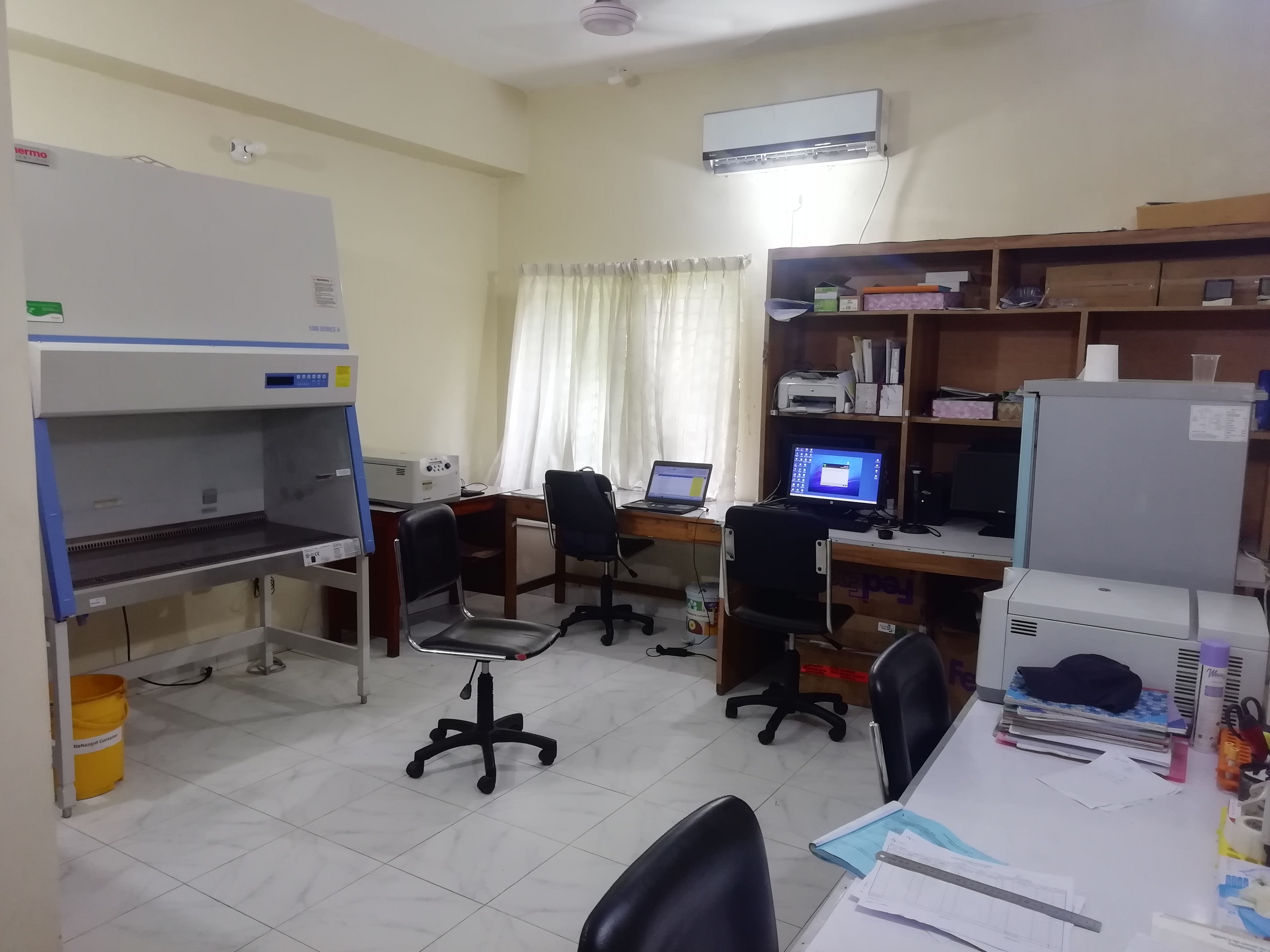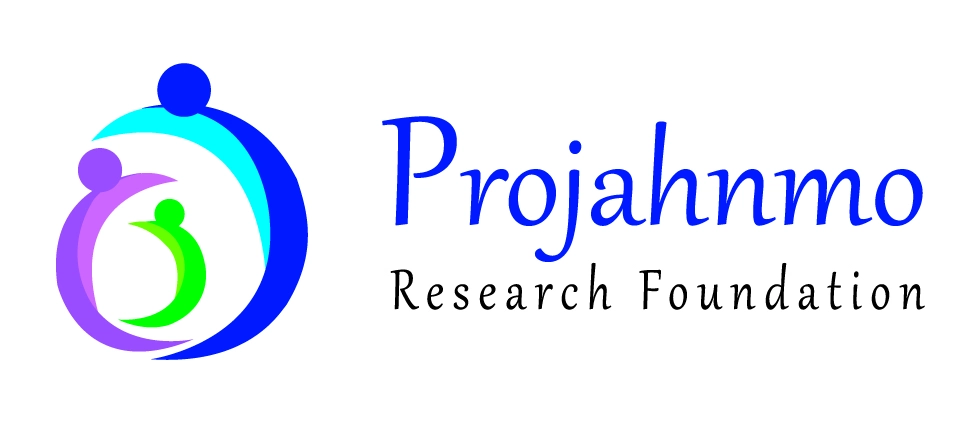
COVID-19: Harnessing AMANHI Infrastructure to assess the direct impact on maternal, newborn and child health.
Study Period: March 2020 to December 2021
Sample Size: 2,890
Doner: Bill and Melinda Gates Foundation (BMGF) through World Health Organization (WHO).
Project Description:
Background:The coronavirus disease (COVID-19), caused by severe acute respiratory syndrome coronavirus 2 (SARS-CoV-2), has rapidly developed into a pandemic since it was first reported in December 2019. As a novel virus in human populations, very little is known about its transmissibility; why it affects some people severely and others only mildly, the host immune response, and the factors associated with COVID-19 disease progression and outcomes. A lot is also unknown about the effects of COVID-19 during pregnancy on birth and neonatal outcomes. The biological samples for the repository were collected, stored and are being maintained in a harmonized way across the three sites. Children born to mothers enrolled into the AMANHI bio-banking study are being followed up for growth and development until 3 years of age.
Objective:The current study is using the existing, well-characterized cohort of about 10,000 women and their children enrolled in the AMANHI biorepository study in the three countries to study the epidemiology of COVID-19 infection; the effects of infection with SARS-CoV-2 virus during pregnancy on birth and infant outcomes; utilization of health care in both pregnant and non-pregnant women and children; as well as the correlates of clinical severity.
We also plan to study the incidence of infection in these subgroups, by conducting serology in this cohort.
Method:The study is being conducted in two phases: in the first phase until the spread of Covid-19 disease is contained (epidemic phase), we collected health information from all consented women and children through phone calls while in the second phase (post-epidemic phase), we are making home visits to collect health data. About 2,890 mother-child pairs are being followed from Sylhet, Bangladesh site. Trained community health workers (CHWs) collect baseline data on COVID-19 knowledge, co-morbidities and socio-demographic information. In the morbidity surveillance, CHWs are visiting the participants weekly to collect data on morbidity and care seeking. If a woman or a child is found to be sick, they are being referred to the nearest health facility, according to national protocols depending on the type of symptoms exhibited. A 2-3 ml venous blood sample are being collected from all participating women and children during the post epidemic phase. Part of the sample are being utilized for testing antibodies to SARS-CoV-2 using Roche’s Elecsys® Anti-SARS-CoV-2 Immunoassay kits. The reminder of the samples is aliquoted and stored in -800C freezers in the biobank for future testing. For each woman or child who is test positive for the SARS-Cov-2 viral infection (cases), a control who is test negative for SARS-Cov-2 infection are being recruited into a nested sub-study for the extraction and storage of Peripheral Blood Mononuclear Cells(PBMCs) and plasma samples. The study is also enrolling all women who become or are found to be pregnant in a pregnancy cohort and following them prospectively to understand the impact of exposure to SARS-CoV-2 during pregnancy. We are collecting 2-3 ml blood from pregnant women upon identification of pregnancy, at delivery and from infants at 6 weeks postpartum to test for SARS-CoV-2 antibody and storage.
